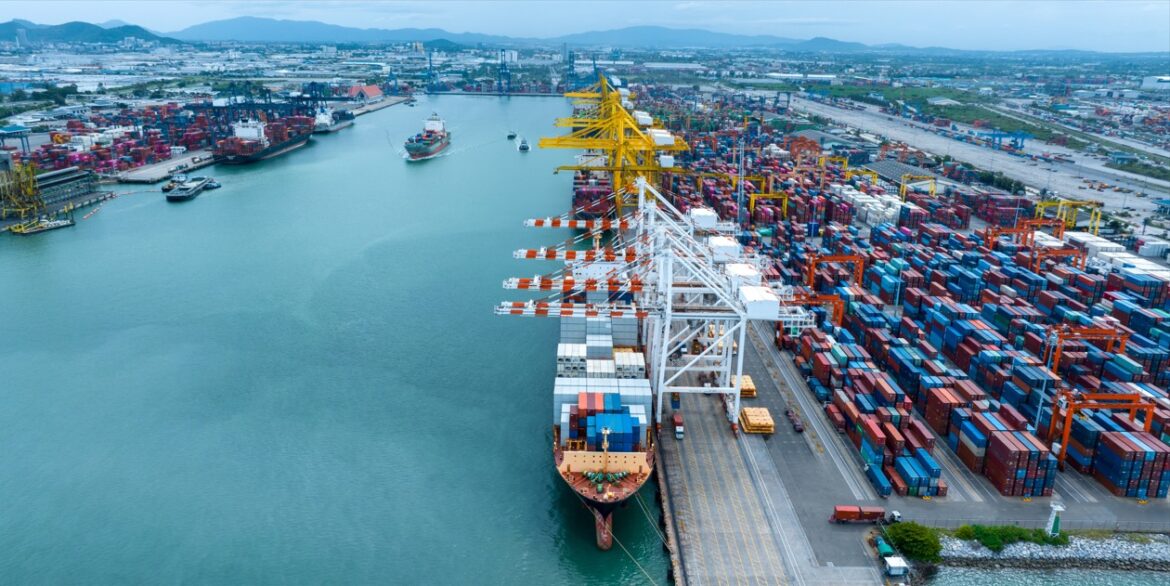The International Longshoremen’s Association (ILA) has overwhelmingly backed a potential strike, raising concerns about major disruptions at ports stretching from New England to Texas. If no labor agreement is reached, billions of dollars in trade could be stranded, affecting key industries such as retail, manufacturing, agriculture, and energy.
Escalating Labor Dispute
The ILA, which represents more than 75,000 dockworkers, has been engaged in tense negotiations with the United States Maritime Alliance (USMX) over wages, automation, and working conditions. The union is demanding stronger job security protections and assurances against job losses due to automation.
ILA President Harold J. Daggett signaled the union’s firm stance on the matter.
“We stand united in protecting the livelihoods of our workers. If our demands are not met, we are prepared to take action,” Daggett stated.
The widening divide between labor and port operators has heightened the risk of a widespread port shutdown, which could have significant economic consequences.
Supply Chain Disruptions on the Horizon
A work stoppage at East and Gulf Coast ports, which handle nearly 65% of the containerized cargo entering the U.S., could severely impact supply chains. Essential goods such as electronics, automobiles, consumer products, and raw materials would face delays, exacerbating logistical challenges that have persisted since the COVID-19 pandemic and previous West Coast port slowdowns.
Retailers and manufacturers that rely on just-in-time inventory systems are bracing for potential disruptions.
“Even a short strike could cause weeks of backlog and shipping congestion,” warned Jon Gold, vice president of supply chain policy at the National Retail Federation. “Businesses need certainty—especially heading into the holiday shopping season.”
Economic Fallout Could Be Billions
A prolonged strike could deal a significant blow to the U.S. economy, with widespread effects on businesses, consumers, and inflation.
- Rising Costs: Delayed shipments may lead to increased costs for retailers, which could be passed on to consumers.
- Energy Sector Impact: Gulf Coast ports handle crude oil and liquefied natural gas (LNG) exports, meaning fuel prices could be affected.
- Manufacturing Slowdowns: Automakers and industrial companies that rely on imported components may face production delays.
Transportation economist Peter Sand cautioned that the potential impact could rival previous port disruptions.
“If this strike goes forward, it could be one of the most disruptive labor actions in recent history,” Sand said.
Will a Deal Be Reached?
With time still available for negotiations, both sides are under mounting pressure to reach an agreement before a strike takes effect.
- Federal mediators may step in to facilitate discussions.
- The Biden administration could intervene to prevent a full-scale supply chain crisis.
- Businesses may attempt to reroute shipments, but at higher costs and longer transit times.
Uncertain Path Forward
With billions in trade at stake, businesses, policymakers, and consumers are closely monitoring the situation. If a resolution is not reached soon, the U.S. could face a significant supply chain disruption at a critical time, just as the holiday shopping season approaches.


